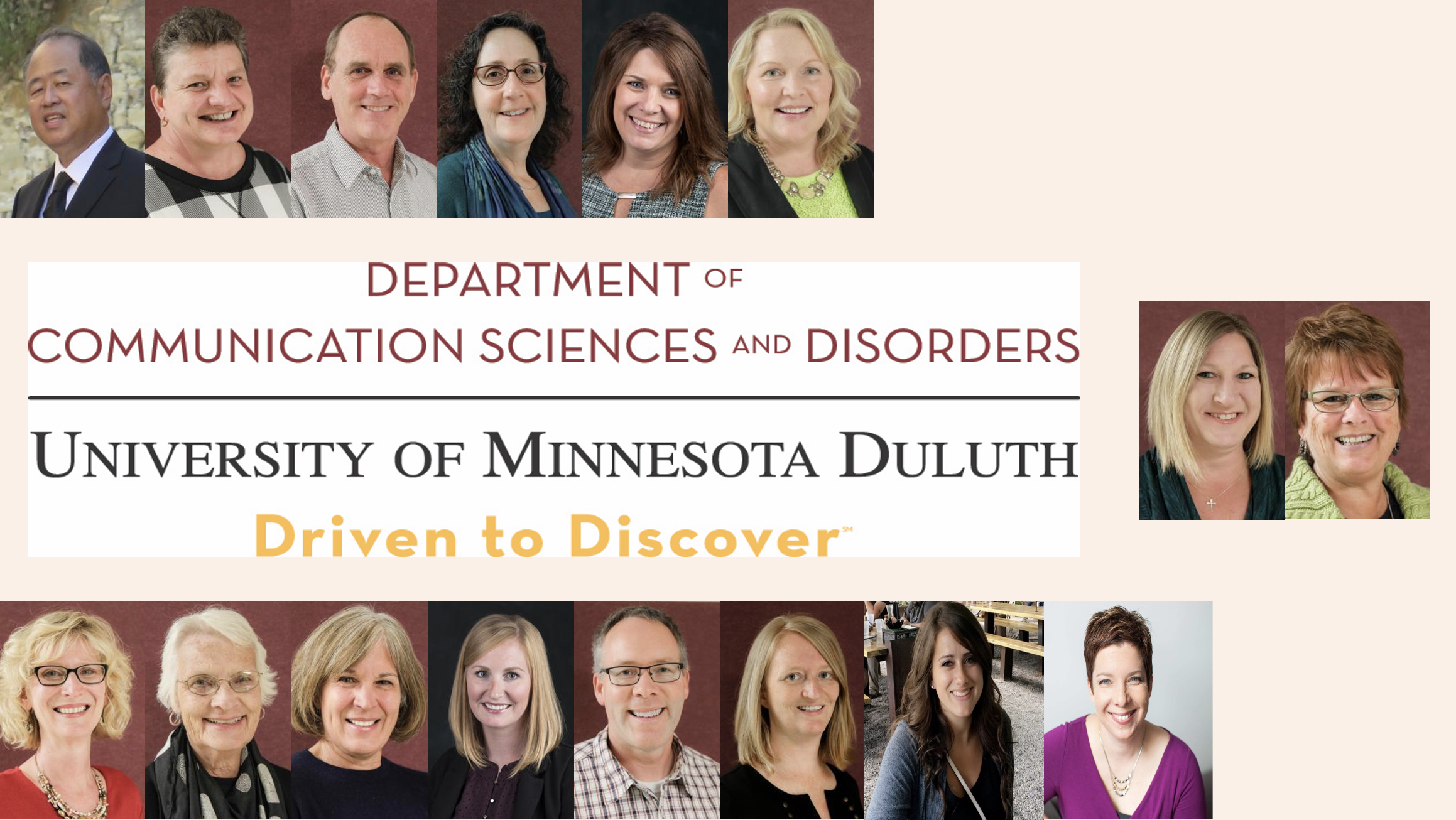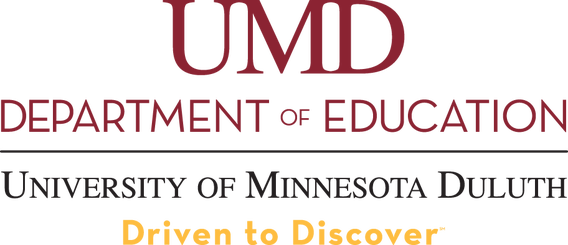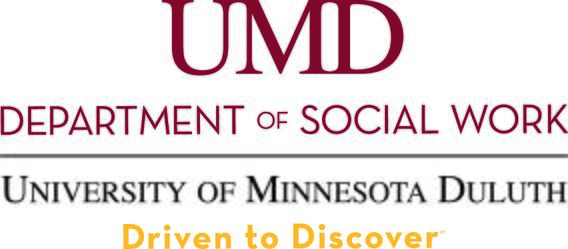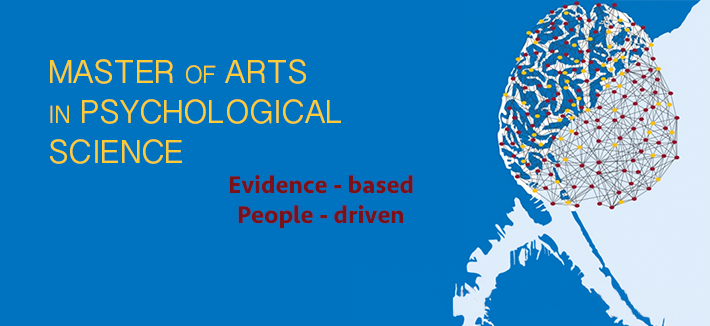Programs Honored for their 2019-20 Student Learning Assessment Practices
During fall 2020 the Assessment Subcommittee reviewed nominees' annual program assessment reports and selected the following Excellence in Program Assessment award recipients. Programs receiving an award in the same category two times are designated Continued Excellence, and third-year award recipients in the same category are designated Sustained Excellence.
Art History
Measurement (Excellence) and Program Development (Continued Excellence). This year the Art History program continued its exceptional use of a direct measure with demonstrated validity to measure what is intended and ensures high inter-rater reliability through regular faculty discussions of the measures as well as student performance. Additionally, an indirect measure supplements the direct measure. Even though previous assessment data suggested the program did not need to change, the faculty continued discussions and made appropriate changes such as the new required course where the measure is placed - late in the major’s curriculum and with the intention for summative program assessment information.

Communication Sciences & Disorders, B.A.Sc. and M.A.
Stakeholder Involvement (Continued Excellence). Both the undergraduate and graduate Communication Sciences & Disorders programs continued this year engaging in regular and meaningful dialogue with all faculty, their students, and professionals in the community in order to advance their assessment processes and student learning.

Health Services
Stakeholder Involvement (Excellence). As a co-curricular program, the Health Services alcohol awareness program staff shared fall semester student learning assessment data with their peer educators. The staff and peer educators used this information in real-time to collaboratively revise their curriculum for spring semester with the intent to improve student learning.

Integrated Elementary & Special Education
Measurement (Sustained Excellence). The IESE program has demonstrated a complete three-year assessment cycle of using multiple highly valid and reliable measures to assess its program learning outcomes.
Unified Early Childhood Education
Measurement (Excellence). Each UECH program learning outcome reported this year was assessed using multiple measures that are clearly connected to the outcomes. Measures included a nationally normed assessment, course embedded measures with established rubrics, input from teachers, and self-reflection.

Social Work, M.S.W.
Stakeholder Involvement (Continued Excellence). The Social Work graduate program is recognized again in this category based on discussions of assessment within multiple settings and including all instructors during the assessment year. Faculty identified potential areas of concern, evaluated course assignments, and made adjustments to the program as warranted. Students were involved through a student survey and follow-up Zoom meetings that allowed them to share their insights and concerns about courses and assignments. The program also utilized their community advisory board in their assessment processes.

Psychological Science, M.A.
Measurement (Excellence). The MAPS program used multiple direct and highly valid measures for assessment of the learning outcomes this year. Measures include a full-length method section for a proposed research project, midterm and final exams, and critiques of published research articles.